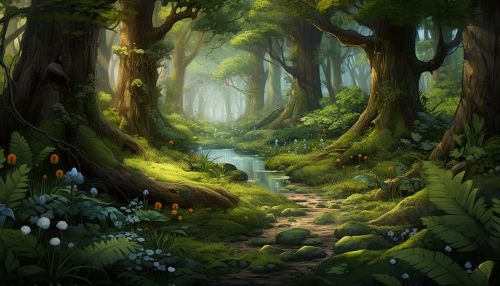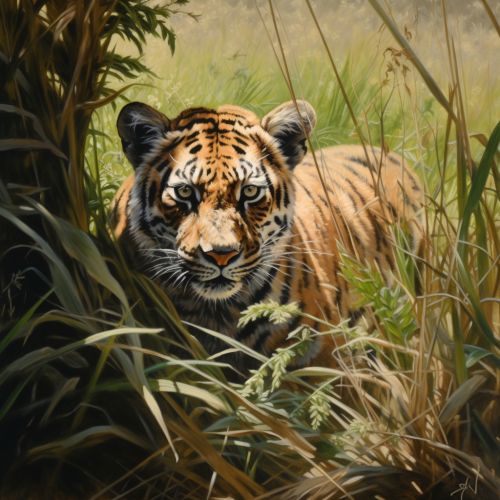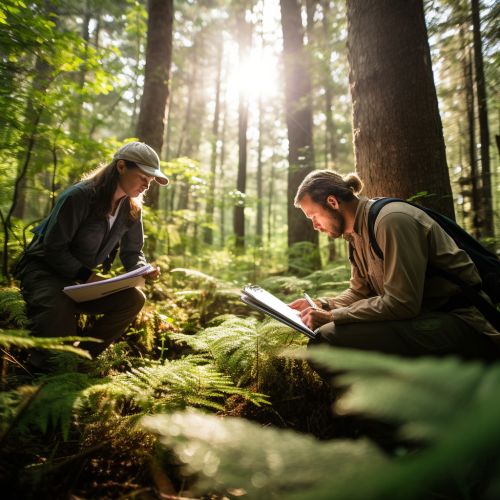Balance of nature
Introduction
The balance of nature is a concept in ecology that proposes that ecological systems are usually in a stable equilibrium or homeostasis. This balance is hypothesized to occur because of the interdependencies and relationships between organisms within an ecosystem. The concept has a long history in scientific and philosophical study, and its validity has been contested by various ecological scientists.


Historical Overview
The concept of the balance of nature has been a part of human consciousness for thousands of years. Ancient civilizations such as the Greeks and Native Americans recognized a form of balance in nature and incorporated it into their belief systems. The idea was further developed during the Middle Ages and the Renaissance, with philosophers and scientists proposing that nature was a complex, interconnected system that maintained its own balance.
Concept and Theory
The balance of nature theory posits that the natural world is in a state of equilibrium, and that this balance is maintained through the interactions of organisms within an ecosystem. This includes the relationships between predators and prey, the cycling of nutrients, and the processes of natural selection and evolution.


Criticisms and Controversies
Despite its long history and widespread acceptance, the balance of nature concept has been criticized by many ecologists. Critics argue that nature is not always in a state of balance, and that disturbances such as fires, storms, and human activities can significantly alter ecosystems. Additionally, some scientists argue that the concept is too simplistic and does not account for the complexity and dynamism of natural systems.
Impact on Conservation and Management
The balance of nature concept has had a significant impact on conservation and environmental management practices. It has been used to justify the preservation of natural areas and the protection of endangered species. However, some conservationists argue that the concept can lead to misguided management practices, as it assumes that nature can and should be maintained in a static, unchanging state.


Future Directions
The future of the balance of nature concept in ecology is uncertain. While it continues to be a popular idea among the general public, its scientific validity is increasingly being questioned. Future research in ecology may continue to challenge the concept, leading to new theories and models of how nature functions.


